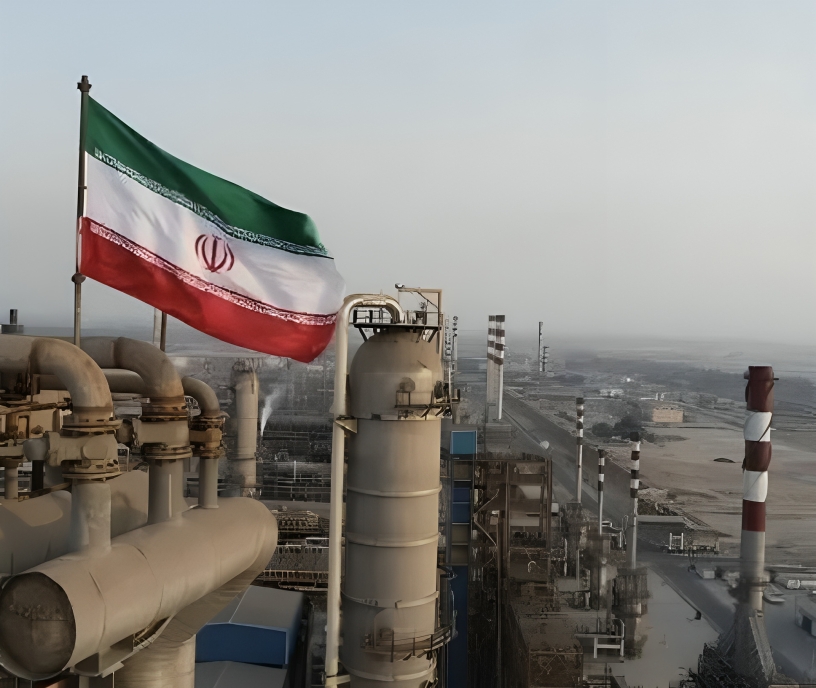KEY POINTS
- Gulf states push U.S. to prevent Israel from attacking Iran’s oil sites.
- Iran warns of retaliatory strikes on Gulf oil installations.
- Diplomatic efforts intensify as the region seeks to avoid wider conflict.
Gulf states, including Saudi Arabia and the UAE, have urged the U.S. to stop Israel from targeting Iran’s oil infrastructure, fearing that their own oil facilities could become targets in any retaliatory strikes. The plea follows rising tensions between Israel and Iran after a missile attack, with concerns growing that Gulf states could be caught in the crossfire.
Concerns of Gulf states
Officials from Gulf nations have reportedly told Washington they will not permit Israel to use their airspace or allow missile passage to Iran.
This effort is aimed at minimizing their involvement in any potential conflict between Israel and Iran, especially as the Gulf states are home to vital oil installations and U.S. military bases.
The Gulf countries, particularly Saudi Arabia, have a vested interest in de-escalating tensions, as they fear attacks on their oil facilities, which could disrupt global oil supplies and drive prices up.
A previous attack on Saudi Aramco’s facilities in 2019 severely impacted global oil supply, highlighting the region’s vulnerability.
Diplomatic efforts and Iranian warnings
As part of ongoing diplomatic efforts, Iran warned Saudi Arabia and other Gulf states against offering any support to Israel in the event of a conflict.
According to Reuters, Tehran made it clear that such actions would be considered acts of war, threatening retaliation through its proxies in the region.
This has put Gulf leaders in a delicate position, attempting to balance relations with the U.S. and Israel while avoiding direct confrontation with Iran.
Saudi Crown Prince Mohammed bin Salman has been in talks with Iranian officials to seek assurances, while also coordinating with Washington on defense matters. Diplomatic channels remain open as Gulf nations push for a peaceful resolution to the crisis.
Impact on Global oil and politics
Any attack on Iran’s oil facilities could have a profound effect on global oil markets, particularly for China, Iran’s largest oil customer.
However, with oil prices potentially rising to $120 per barrel, the ramifications would extend to the global economy, creating political complications for the U.S. ahead of its presidential election.



